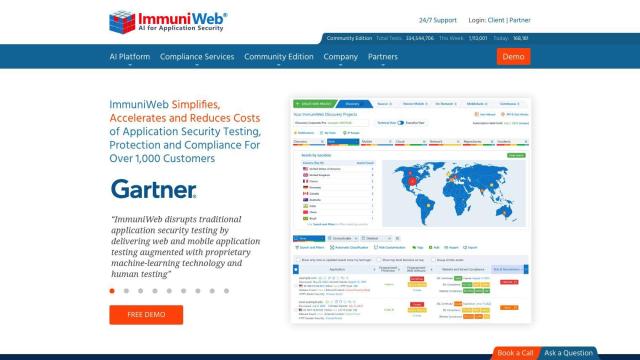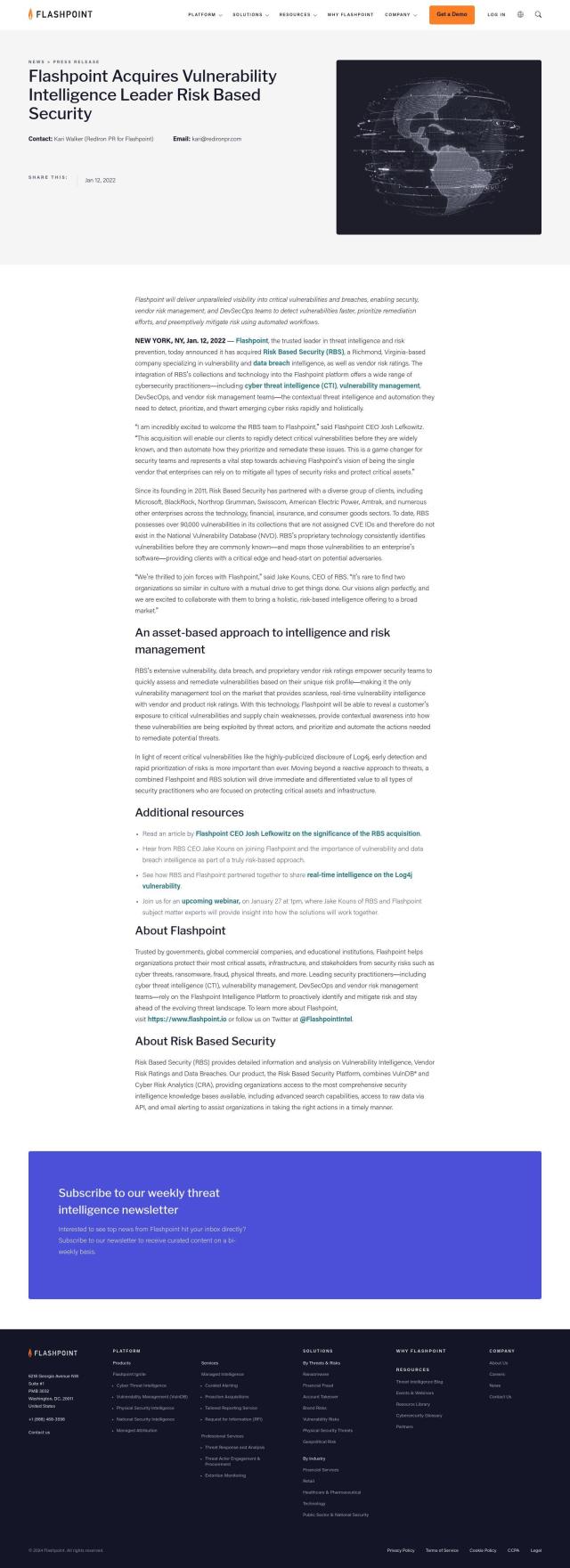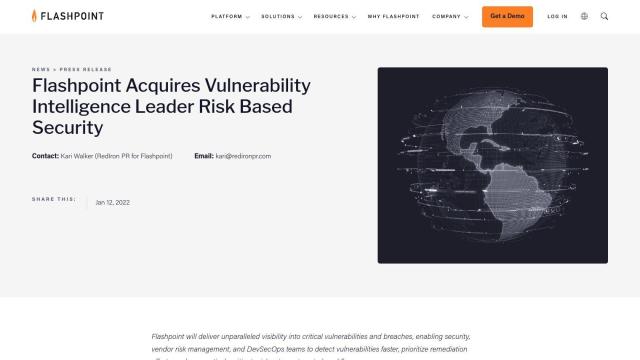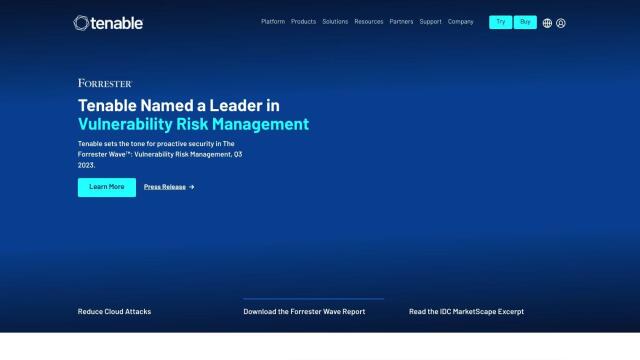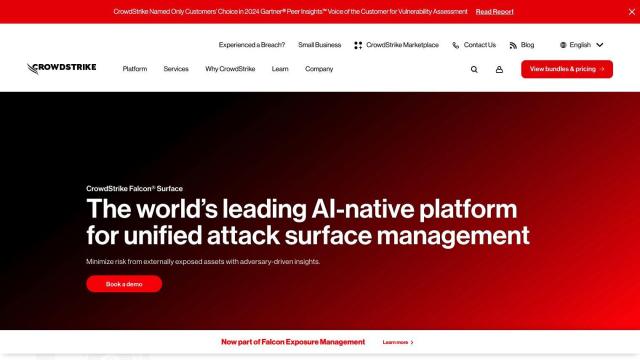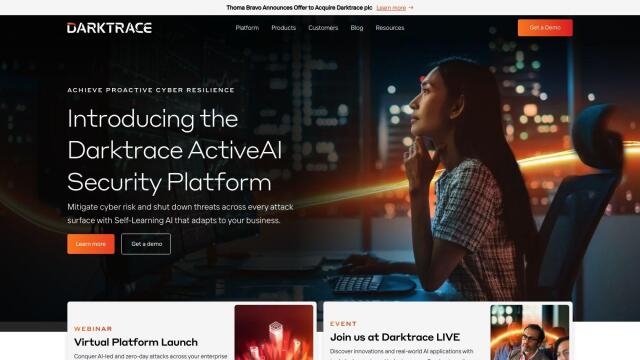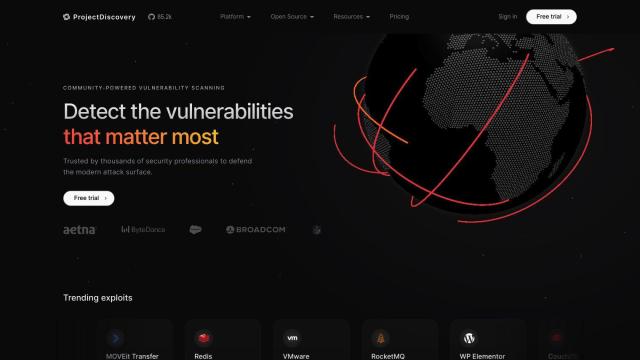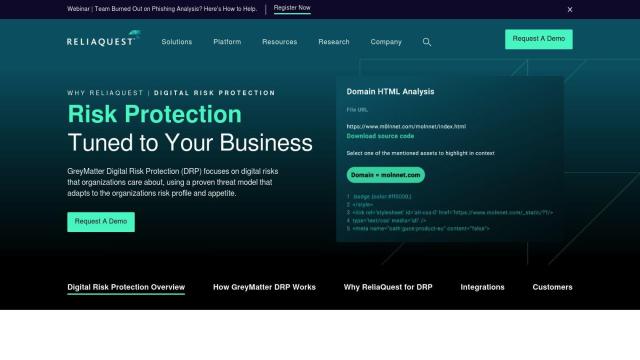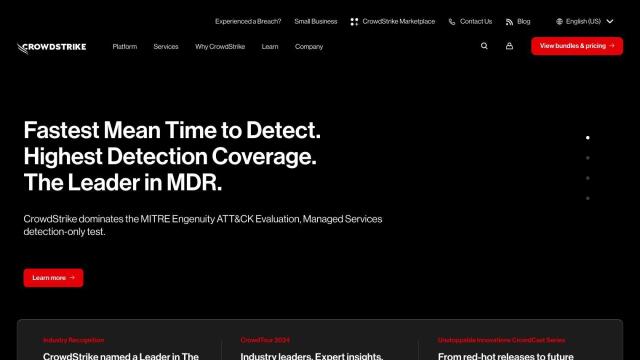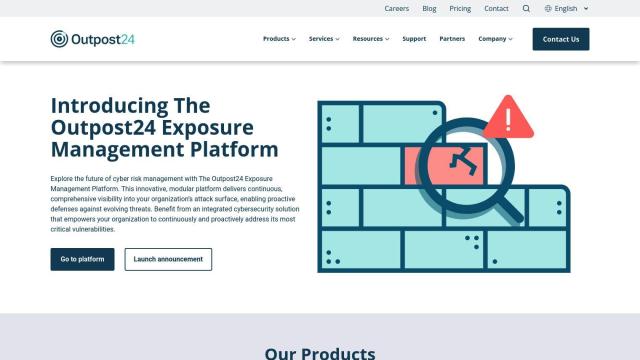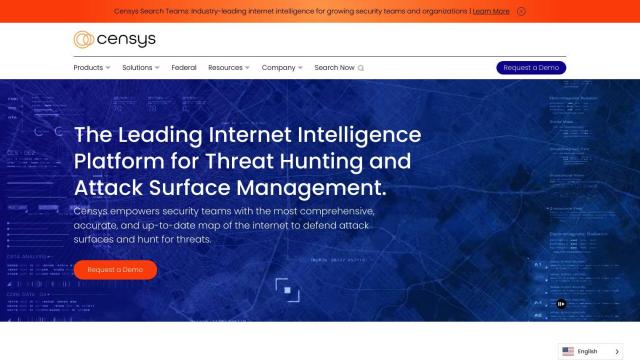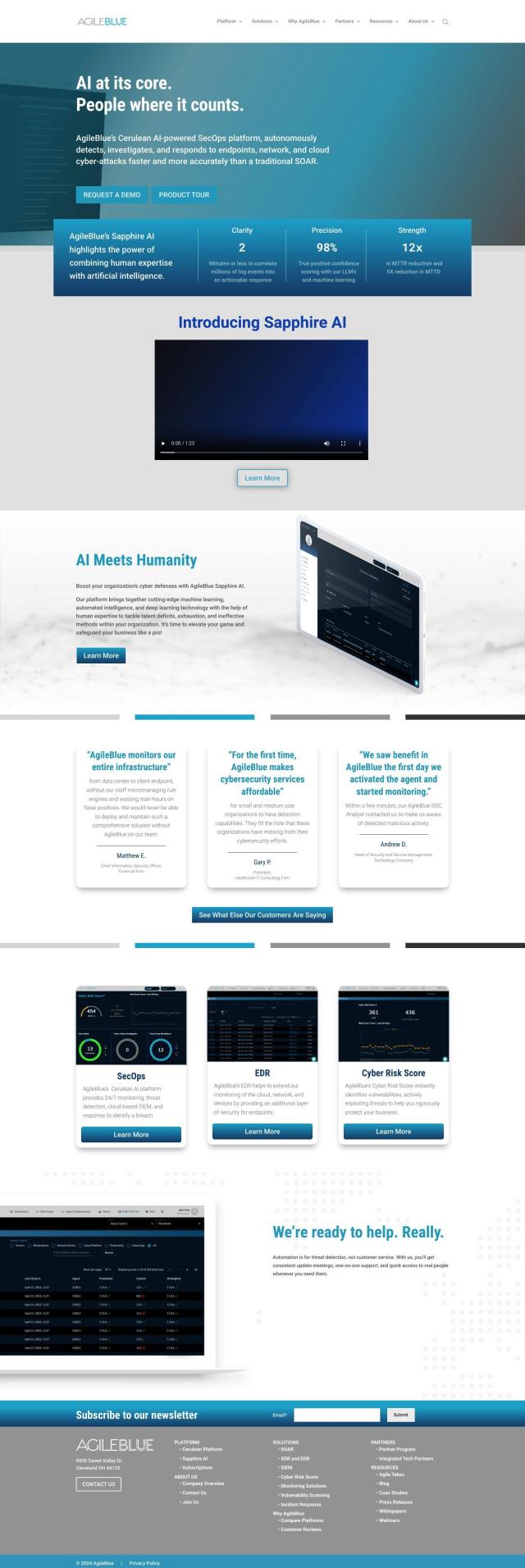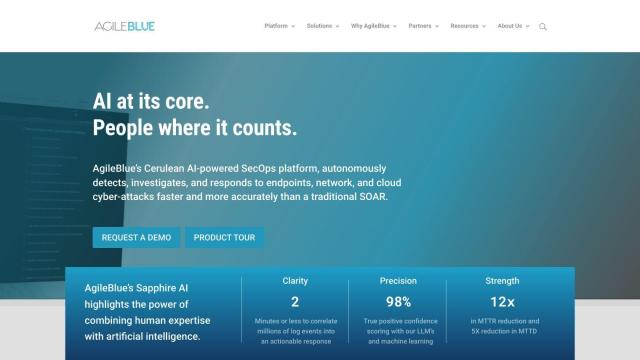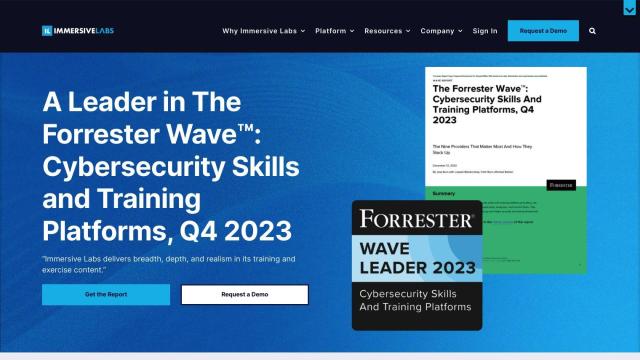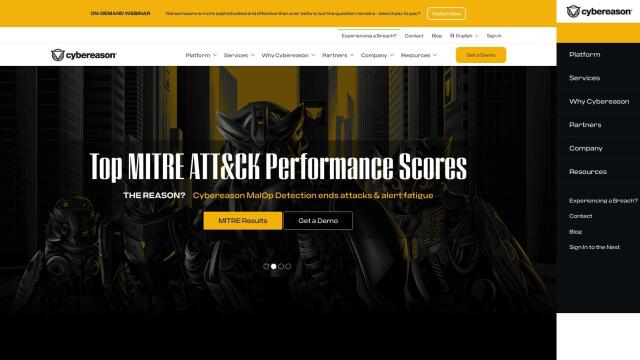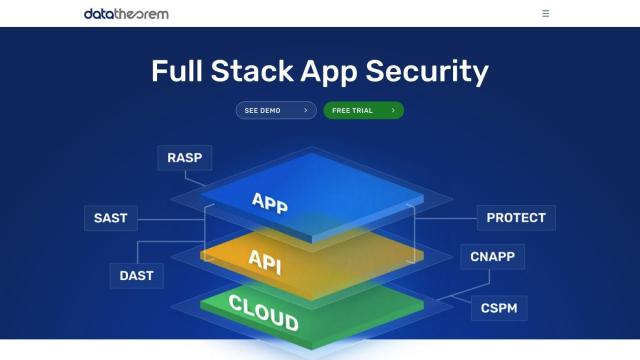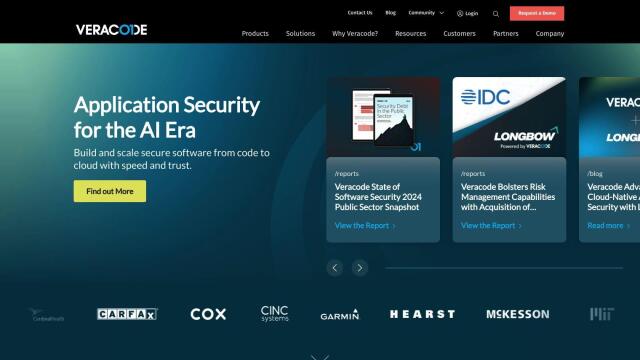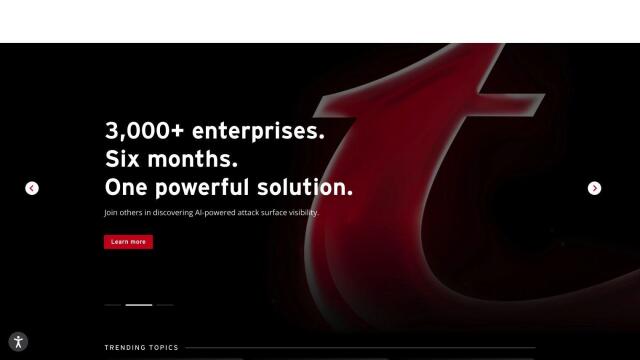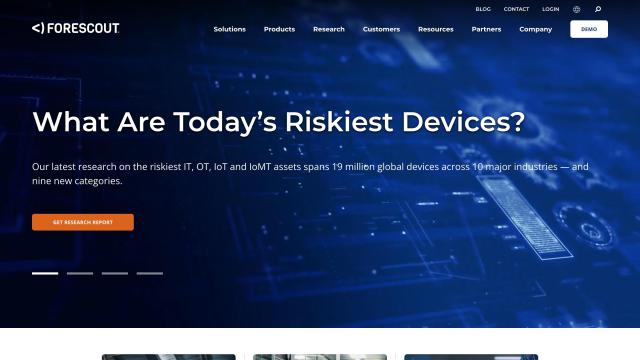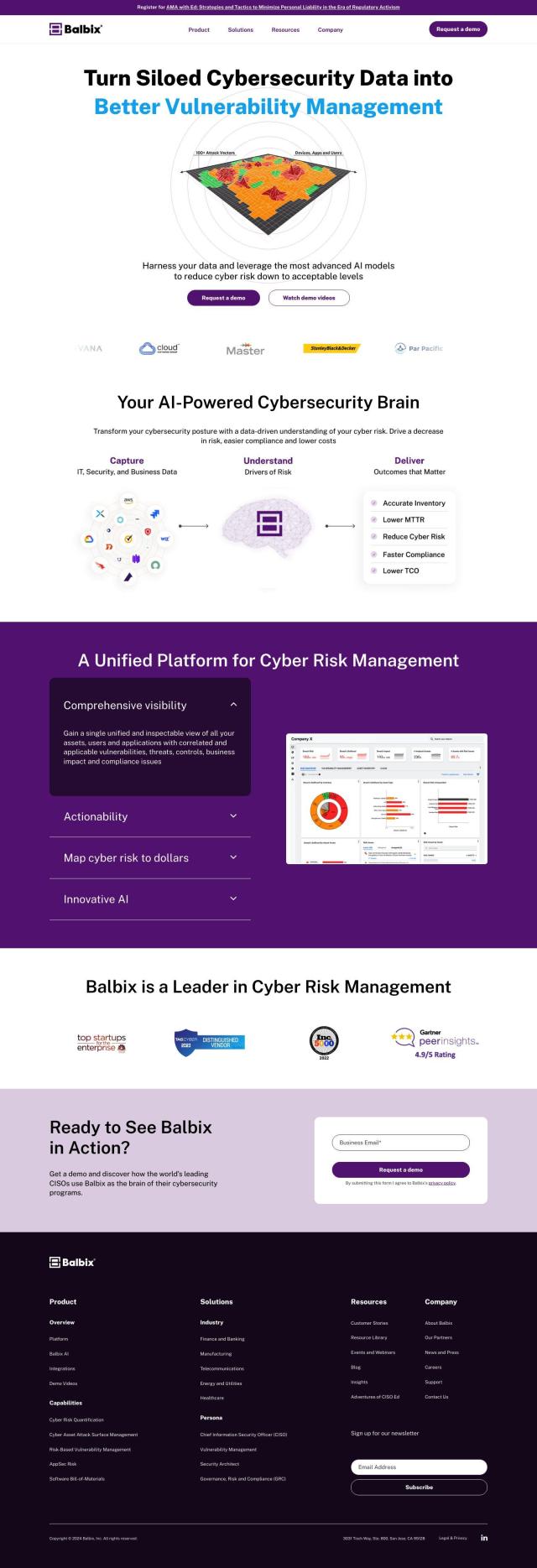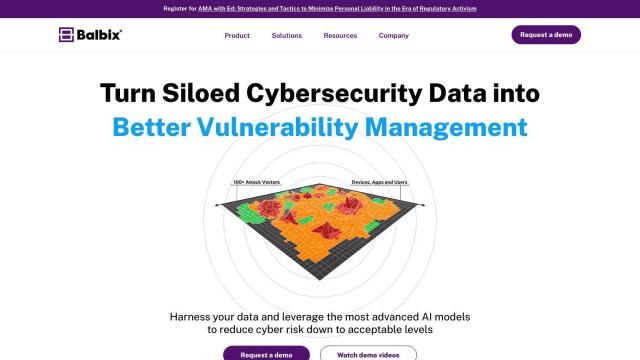Question: Can you recommend a platform that simulates real-world attacks to test and improve our security controls?

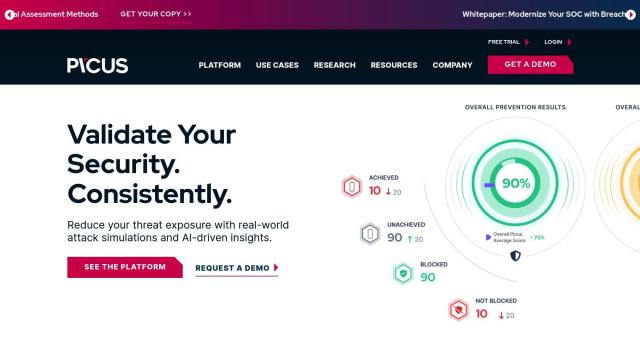
Picus
If you want a platform to simulate real-world attacks to test and improve your security controls, Picus is a great option. It's got a lot of features, including breach and attack simulations, pen testing automation and AI-powered insights. With modules for security control validation, attack path validation and cloud security validation, Picus is a good option for organizations trying to improve their security operations. And it comes with the Purple Academy, with more than 20 courses on security best practices, so it's good for security operations and training, too.

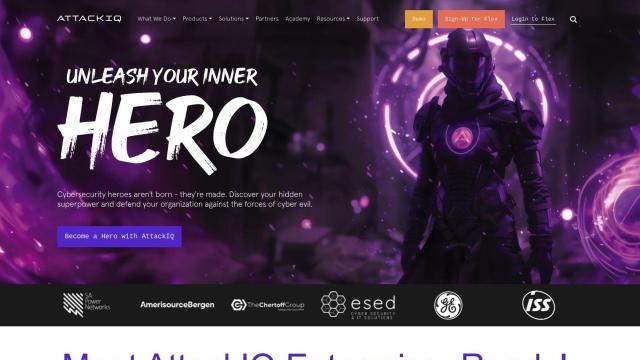
AttackIQ
Another option is AttackIQ, which offers breach and attack simulation based on the MITRE ATT&CK framework. It offers continuous testing and remediation guidance, with options including AttackIQ Enterprise for more mature security operations and AttackIQ Ready! for smaller businesses. The platform also includes AttackIQ Flex, an agentless test-as-a-service for ad-hoc testing, and a variety of pricing models to accommodate different budgets and needs. That can help cut breach costs and make your red team and security operations teams more efficient.

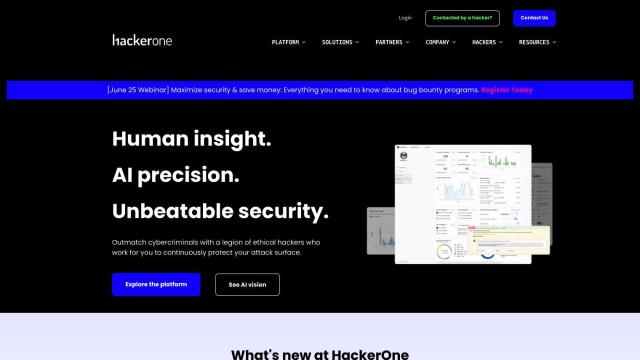
HackerOne
If you want to tap into a global community of ethical hackers, HackerOne has a different approach. It marries human expertise with AI for vulnerability assessments, penetration testing and bug bounty programs. That's particularly useful for industries with high security needs, like finance and healthcare. HackerOne's AI copilot, Hai, helps with vulnerability response, too, which makes it a good option for improving digital security.

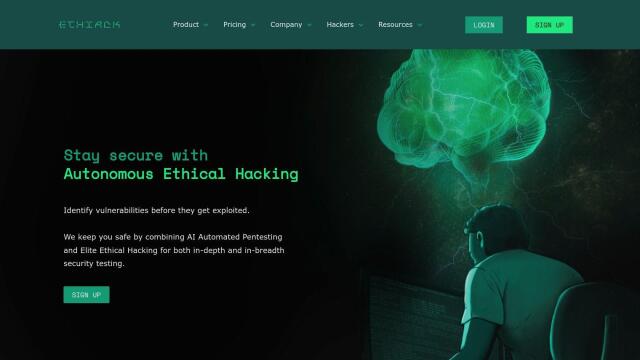
Ethiack
Last is Ethiack, which offers a combination of machine and human ethical hacking. It offers in-depth and wide security testing, including automated pentesting with AI and elite human hacking events. Ethiack offers a comprehensive view of internal and external attack surfaces, including support for standards like ISO27001 and SOC2. The platform can help organizations stay ahead of cyber threats and improve their overall security posture.

